
Dooars is located in the Sub-Himalayan parts of Northern West Bengal. The word Dooars is derived from the word 'duar' which means door in Bengali. The name is apt as dooars acts as the gateway to Assam, Sikkim, and Bhutan. Dooars acts as a hub for tourism. Dooars is covered with lush green forests and tea gardens. Dooars has a large number of wildlife sanctuaries such as Gorumara National Park, Jaldapara Wildlife Sanctuary, Chapramari Wildlife Sanctuary, and Buxa Tiger Reserve. Dooars is the home to the Asiatic one-horned rhino, bison, elephant and a variety of birds. Apart from these wildlife sanctuaries, the other destinations in Dooars are Coochbehar, Jalpaiguri, Murti, Jhallong, Jayanti, Alipurduar, etc. Tourists get a chance to witness these wildlife sanctuaries and beautiful destinations by opting for a complete Dooars Tour Package. The vast texture of green forest, unending tea gardens and rivers Teesta, Torsha, Jaldhaka, Raidak, Kalchini and their tributaries flow through Dooars. Tea and Tourism are the major sources of income in Dooars. Dooars is one of the most preferred locations for tourists all over the world. Dooars has gained prominence in recent years as it is surrounded by a number of wildlife sanctuaries and national parks.
Tourists can find a number of places very interesting such as Bindu, Jhalong, Samsing, Suntaleykhola, Bhutan Ghat, Mendabari, Murti, Chalsa, Lataguri, Toto Para, Jayanti, Rajabhatkhawa and can also stay at these places. One can find good quality resorts in Dooars with all modern amenities. In some places, one can also experience the local homestays and get to know about the culture of the local people. The climate of this region is not very extreme. The temperature varies from 10 degrees Celsius to 21 degrees Celsius from November to February, 16 to 28 degrees Celsius from March to April and 23 to 36 degrees Celsius from May to September. However, the forest remains closed from 15th June to 14th September.
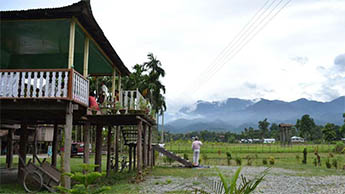
Located on the edge of Buxa Forest is a quaint forest village along the River Jayanti. Jayanti River forms a natural border with
View Details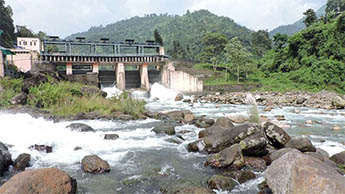
At an altitude of 1500ft and 99km away from Siliguri a river valley along Jaldhaka River has become a prospective tourist
View Details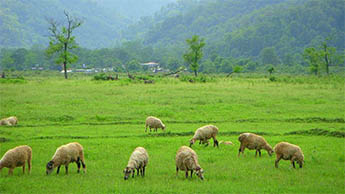
Located 45min away from Siliguri along the roaring River Teesta is a quaint village Mongpong. It is often considered as
View Details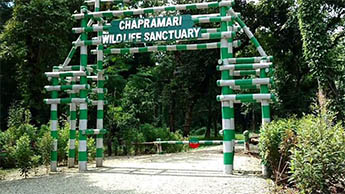
Located 60km from NJP and known for its elephant population, Chapramari is a forest in Dooars Region. Gorumara National Park home
View Details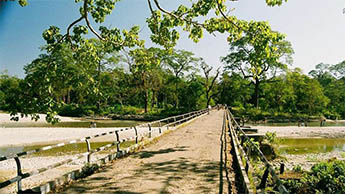
A small picturesque village named Murti is situated along the bank of River Murti. River Murti originates from
View Details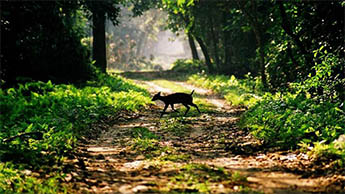
Chilapata is a dense jungle near the Jaldapara Wildlife Sanctuary at Jalpaiguri District
View Details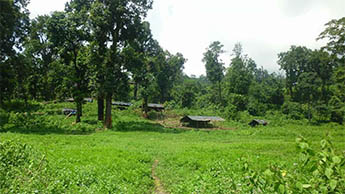
Perched at the hilltop in the Buxa Tiger Reserve is a picturesque village of Drukpa, Lepchakha Village.
View Details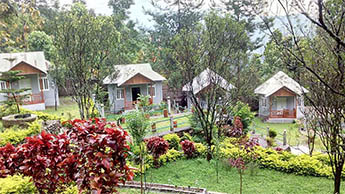
A small village located at the western side of the Dooars overlooking Jaldhaka River and Bhutan, Paren
View Details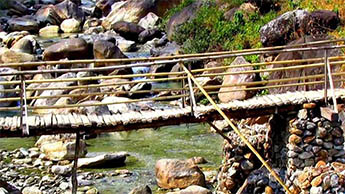
Travel through the less travelled path in Dooars region and set yourself free from the tedious monotonous lifestyle by visiting
View Details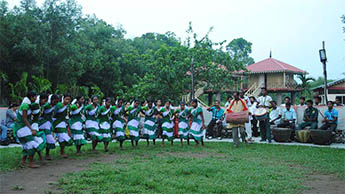
Located at the fringe of the Gorumara National Park home of Asiatic one horned Rhino, Lataguri is a quaint village in the Jalpaiguri District
View Details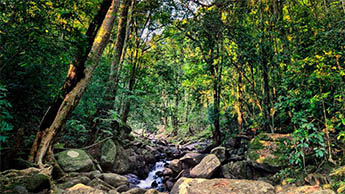
Located 80km from Jalpaiguri, Madarihat is a small town located in the Alipurduar District. Madarihat is situated at the vicinity
View Details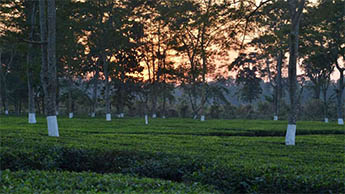
Travel through the less travelled path in Dooars region and set yourself free from the tedious monotonous lifestyle by visiting
View Details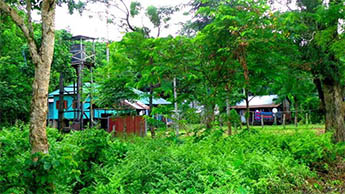
Located 20km away from Alipurduar and 18km from Hasimara, Mendabari is a new found gem added to the list of offbeat destination
View Details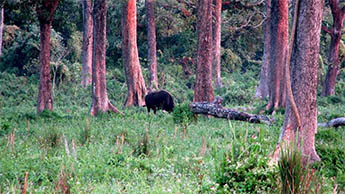
Located 15km from Madarihat, it is a small town located in the Alipurduar District South Khayerbari is the safe haven for
View Details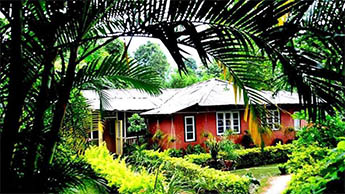
Perched at the hilltop in the Neora Valley National Park are two picturesque hamlets named Todey and Tangta which was famous for
View Details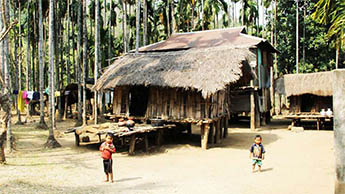
At the foothills of Bhutanese Himalayas is a small but growing town Dhupguri in Jalpaiguri district.
View Details
Situated at the foothills of the Eastern Himalayas lies Coochbehar, Coochbehar is the biggest and the only planned city
View Details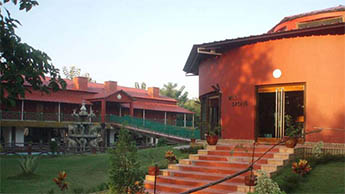
Once the trading centre of the various commercial products located 60km from Jalpaiguri at an altitude of 88mt
View Details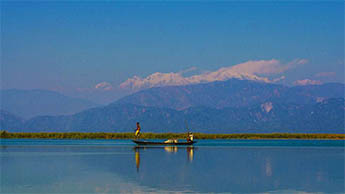
A small village on the western side of the roaring Teesta River, Gajoldoba located 10km from Siliguri .
View Details
A midsized town located 48km from Siliguri is becoming the new upcoming tourist destination, Oodlabari a small
View Details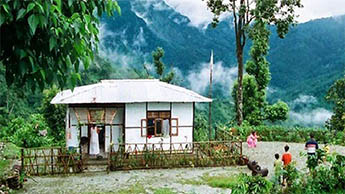
Located 40km from Siliguri is a quaint village Bagrakote 4km away from Oodlabari under Malbazar Sub-division under Jalpaiguri
View Details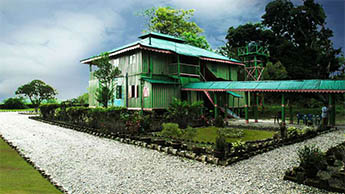
Situated at the lower foothill of the Himalayan in North Bengal boarding with Bangladesh, Bhutan and North India State is Jalpaiguri
View Details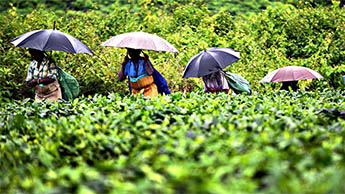
Located 56km from Jalpaiguri at an altitude of 218mt is a cantonment town, Binnaguri at the Jalpaiguri District in West Bengal
View Details
A picturesque town in Alipurduar District located 85km from Jalpaiguri, Hasimara which is famous among the travelers for its
View Details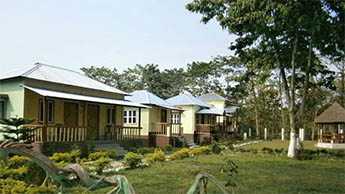
Located 125km from Jalpaiguri deep inside the Jaldapara National Park is a humble abode for the nature lovers, Hollong forest.
View Details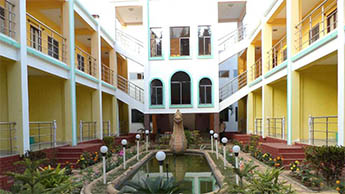
Located 123km from Jalpaiguri at an altitude of 188 ft in Coochbehar is Dinhata with a notable political history
View Details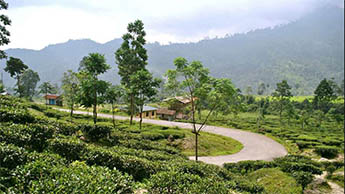
Barodabri is a quaint village located 3km from the Hasimara and is adjacent to Chilapata Forest. Barodabri is famous
View Details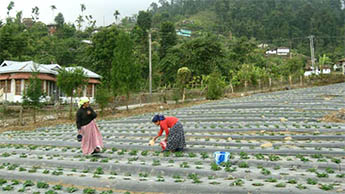
Located 60km from Jalpaiguri at the foothills of Eastern Himalayas is a place called Meteli, known for the lush tea garden Meteli
View Details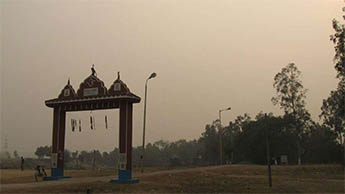
Located 65km from Jalpaiguri and 72km from Siliguri is a census town called Banarhat. Tea plantation has always been one
View Details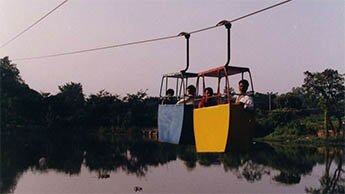
Birpara a small town located 90km from Jalpaiguri is a commercially significant destination. Back in the days
View Details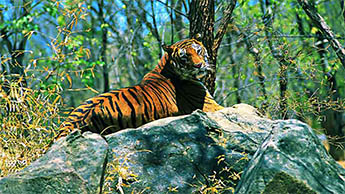
Located on the edge of Buxa Forest is a quaint forest village along the River Jayanti. Jayanti River forms a natural border with
View Details
Gorubathan is a small town in the Kalimpong Subdivision of Darjeeling District. The place is about 97 km From Kalimpong town and about 54km from Siliguri.
View Details